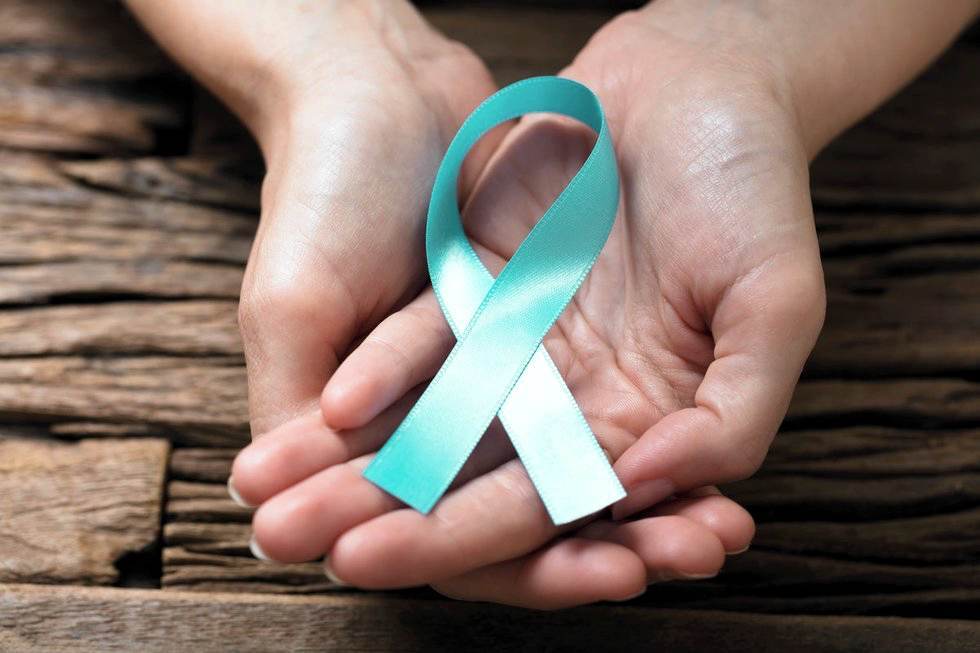Australia will become to first country in the world to eliminate cervical cancer as a serious public health threat. By 2028, the number of deaths caused by the cancer is expected to reduce from 310,000 per year.
Cervical cancer is the third most frequently diagnosed cancer in women. Approximately 930 women have been diagnosed with the cancer this year, with 258 casualties. According to the World Health Organisation, 90% of cervical cancer related deaths occurred in low and middle-income countries across the globe.

With numbers like these, the need to discover a cure became more and more dire. But despite the level of difficulty, finding a preventative for the disease has been rewarding beyond comparison. Director of research for Cancer Council NSW, Karen Canfell, said that the results come after years of trial and error.
“This is such exciting news for women across Australia,” Professor Canfell told news.com.au.
“We’ve been leading the way in cervical cancer control for many years and we’ll be sharing our research and approaches with the rest of the world as part of a global push to eliminate this highly preventable cancer.”
These exciting findings have come as the result of two key health programs: the national human papillomavirus (HPV) vaccine for schoolchildren, and the pap smear. The vaccine initiative was rolled out in 2007 and was made for schoolgirls aged between 12 and 13, before being extended to boys later. The vaccine aims to prevent types of HPV that cause approximately 90% of cervical cancers globally.
Pap smears were recommended for sexually active women every two years to test for several types of cervical cancer. The initiative was more recently replaced with HPV screenings every five years. Since starting the two initiatives cervical cancer rates dropped by approximately 50%. By 2066, there will be as little as one case per 100,000 women.
For women to not have to worry about cervical cancer, and for the children and grandchildren of this generation of Australian women to not know the effects of the deadly cancer, is a feat to be proud of. For a cancer that has taken so many women’s lives each year to soon be known as a “rare cancer” in as little as five years is a prospect that could not have been imagined a few years ago. Now, that is a reality.

Leave a Reply